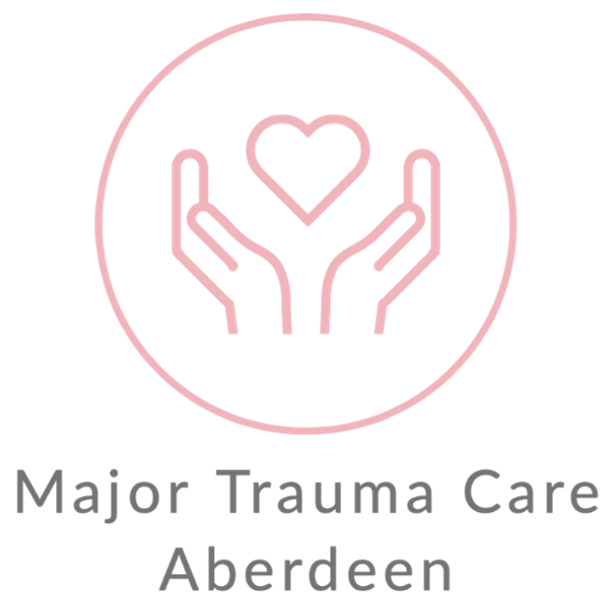- Patients who have suffered significant trauma are assessed by the SAS using the SAS Trauma Transfer Tool.
- Patients who are triaged as requiring MTC care are notified to the receiving hospital (pre-alert).
- Patients who are triaged as requiring MTC care are taken directly to a MTC if they are within 45 minutes travel time.
- Patients who are triaged and taken to MTC care are received by a consultant led trauma team.
- Patients who are triaged to MTC care and are taken to a TU should be seen by a consultant within 60 minutes of arrival.
- Major Trauma patients who are not taken directly to a MTC and are later transferred to a MTC, are transferred within 24 hours.
- Time to secondary transfer to a MTC for patients who have suffered major trauma (ISS>15) is minimised to <4 hours from the time of call to SAS departure.
- Patients with a GCS < 13 on presentation to the ED or intubated (regardless of GCS) receive a CT head scan within one hour of arrival in the ED (if suspicion of head injury).
- Patients with a GCS < 13 on presentation to the ED or intubated (regardless of GCS) if suspicion of head injury - report available within 1 hour.
- Patients with GCS 13 or 14 on presentation (and not intubated) to the ED receives a CT scan within 1 hour of arrival in ED; or within 3 hours of incident time* (if suspicion of head injury).
- Patients with GCS 13 or 14 on presentation (and not intubated) to the ED receives a CT scan within 1 hour of arrival in ED; or within 3 hours of incident time* (if suspicion of head injury) - report available within 1 hour.
- Patients who have suffered a severe head injury are managed in a MTC.
- Patients with an open long bone fracture will receive intravenous antibiotics within 3 hours of first contact with Emergency services.
- Trauma patients with severe haemorrhage should be given Tranexamic Acid within three hours of first contact with emergency services.
- Patients who have suffered major trauma and are taken to an MTC, are admitted under the care of a Major Trauma Service.
- Major trauma patients admitted to a MTC have a rehabilitation plan written.
- Major trauma patients admitted to an MTC, who have a rehabilitation plan, have it written within 3 days of admission.
- Patients who have survived major trauma have their functional outcomes assessed as specified time intervals.
- Patients with significant trauma admitted to the MTC are transferred for further specialist in-patient rehab within 2 days of being assessed fit for transfer.
- Patients with significant trauma admitted to an MTC are transferred to an appropriate hospital to meet their needs, nearer home within 2 days of being assessed fit for transfer.
Scottish Trauma Audit Group (STAG)

Contribution to STAG is a fundamental component of trauma care. STAG data will be reviewed regularly by the STAG consultant lead and fed into the Major Trauma governance process. This data includes:
- Survival & Outcome
- Patient related outcome measures (PROMs)
- Key Performance indicators (KPIs).
